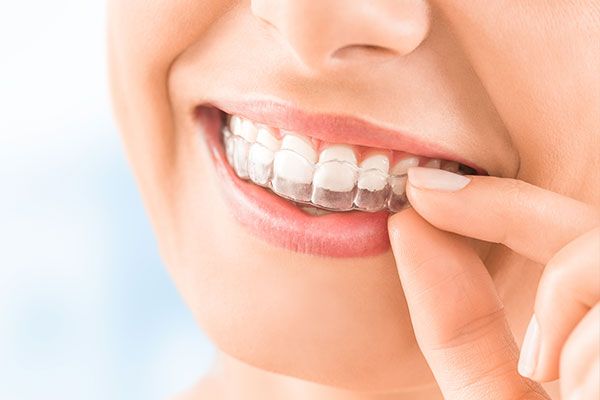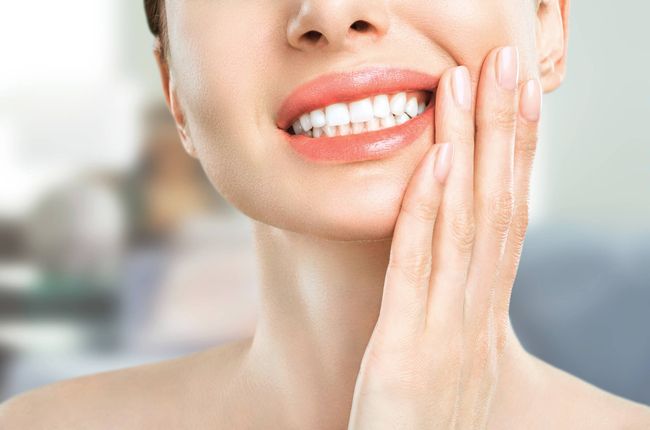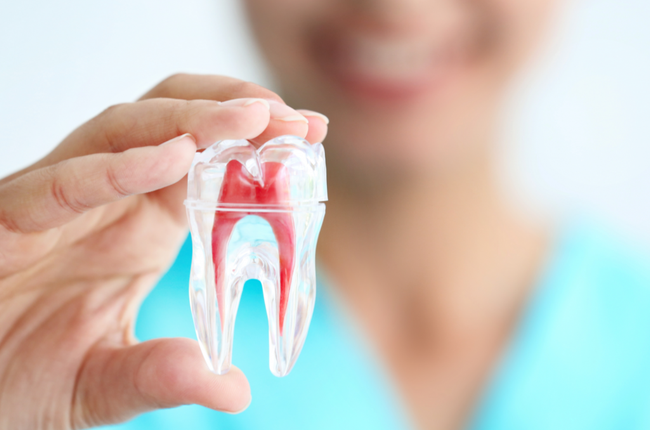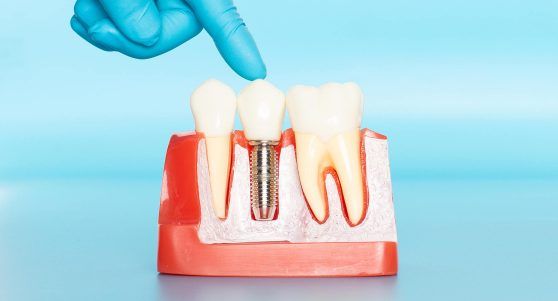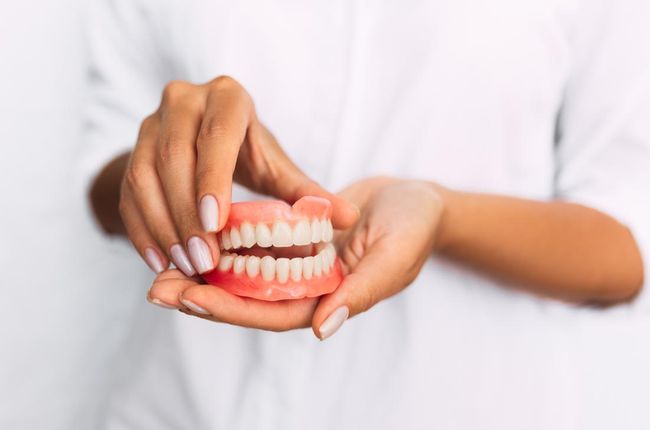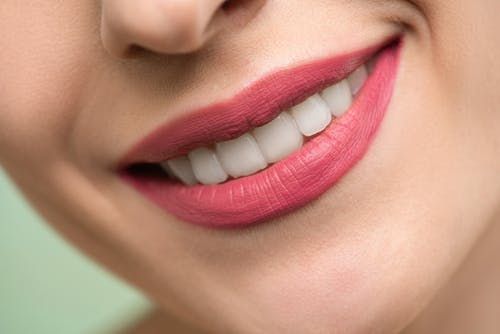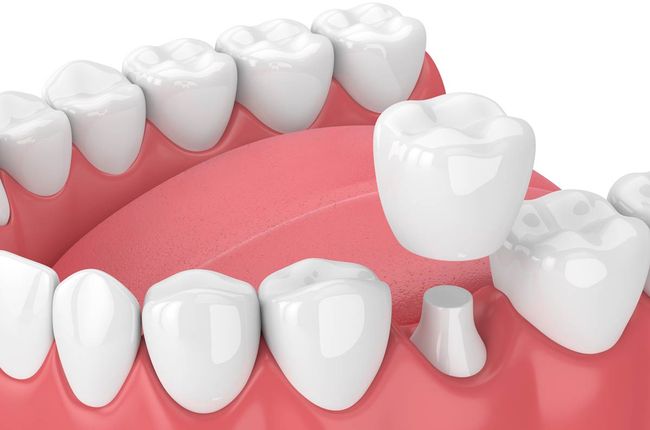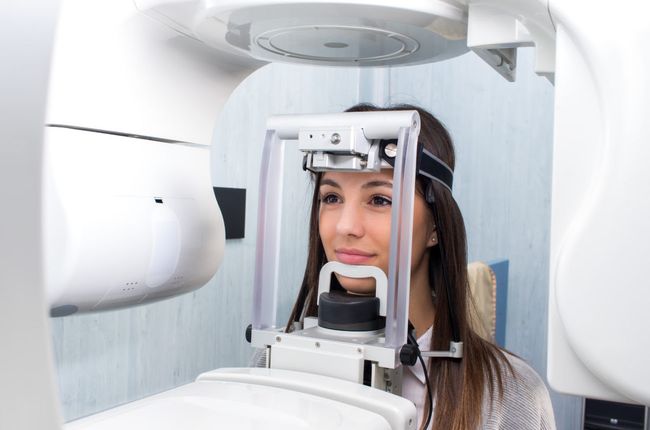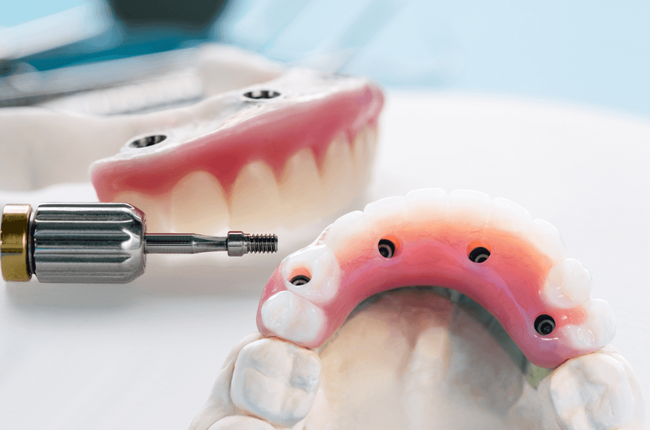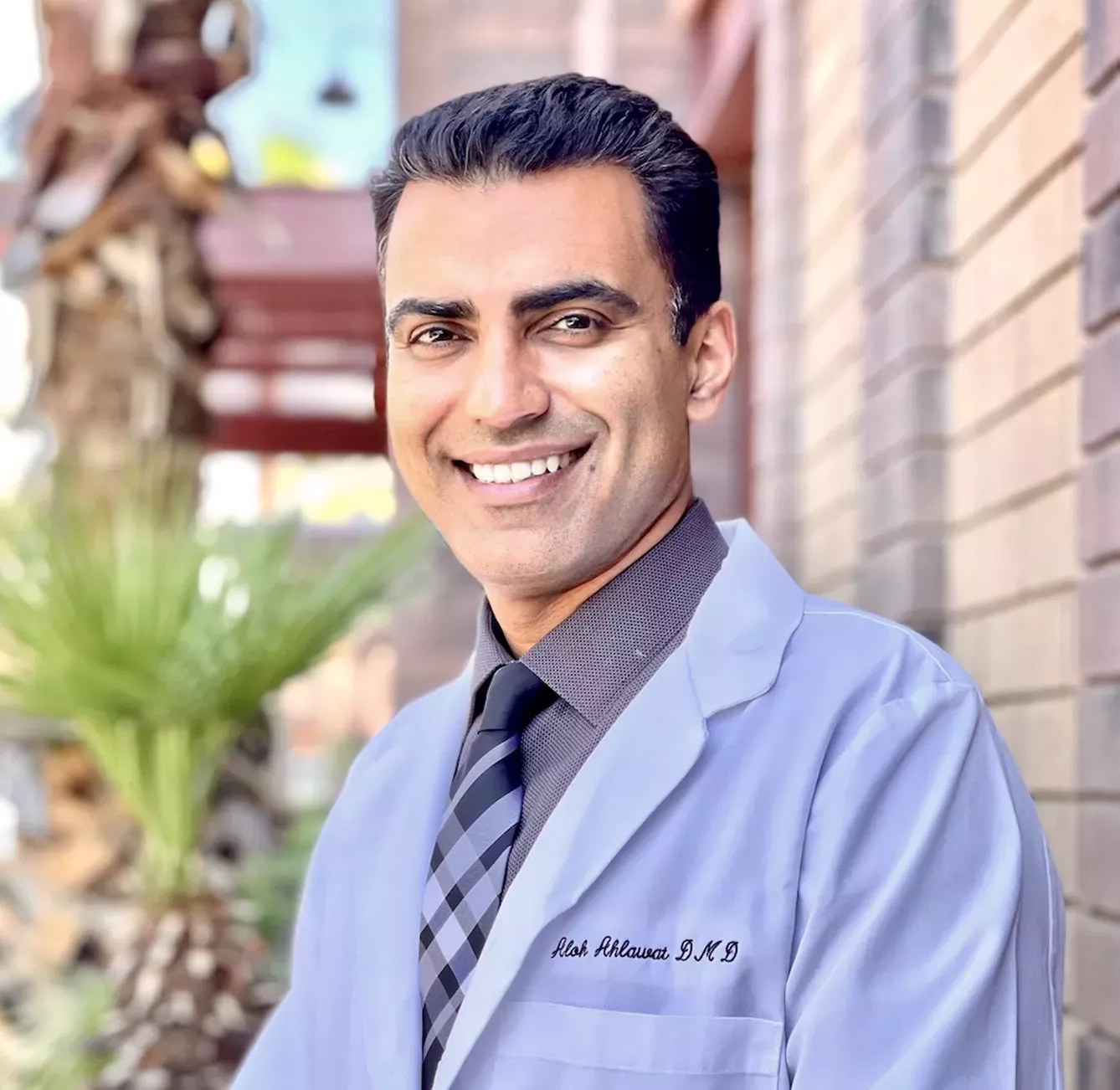Preventive care prevents the need for more extensive dental treatments. It's essential that patients visit their dentist on a regular basis and undergo regular checkups and cleanings to keep their smiles healthy.
The routine visits allow dentists to pinpoint problems early so they can be addressed before they become more serious, and the cleanings help keep the mouth clear of harmful plaque buildup that can lead to decay and gum disease.
Patients also learn the best at-home oral hygiene practices during these appointments so they can maintain their oral health between visits. Most insurance plans cover at least a portion of the cost of preventive care visits. Talk to your insurance provider or your dentist to find out what your plan covers and what out-of-pocket costs you can expect for each of your visits. Some plans may also offer a discount card or membership program that can help reduce your out-of-pocket expenses for services covered by the plan.
The regular checkups you have at your dentist's office will keep your teeth and gums healthy and your risk for tooth decay and gum disease low. A checkup will include a full exam by the dentist to look for signs of decay or disease in your mouth. If you have any symptoms of an oral health problem, such as pain or a toothache, those problems will be addressed with you at your checkup as well. Depending on your current oral health status, you may also be scheduled for professional teeth cleaning during your checkup to have your teeth polished to remove plaque buildup that could eventually lead to cavities or gum disease. Your dentist will also talk with you about ways you can improve your oral hygiene routine at home between visits to maintain optimal dental health.
According to the American Academy of Pediatric Dentistry (AAPD), children should have their first dental appointment about six months after the eruption of their first tooth or before their first birthday. These visits are intended to make your child feel at ease in the dental office and to check on how well he or she is growing and developing.
The majority of people only go to the dentist when they sense a problem. Although they may believe they are saving money, the truth is that the procedures needed to fix and restore their teeth and smiles are more expensive and time-consuming than going to the dentist on a regular basis. Regular dental visits guarantee that you receive preventative care to stop issues in their early stages of development and, ideally, prevent them from ever forming. We can keep an eye on your oral health and teach you the proper oral hygiene practices so that your teeth stay strong. So, it is important that you should make at least two trips to our dental office every year.
Regular checkups allow for early signs of decay or problems to be detected and treated, often without discomfort to the patient. Cavities can be detected and filled during routine visits before they become more serious, requiring more extensive treatment such as root canals. Patients with dental insurance may also receive free cleanings and exams every six months.
Having proper oral hygiene means having a smile that looks it's very best. However, there is much more to oral hygiene than looking beautiful. While having a healthy smile certainly makes you more attractive to others, it is even more important for your oral health and your overall well-being.
Good oral health means that you are free of cavities and gum disease. It also means you have fresh breath that is free of unpleasant odors. Also, it can contribute to better overall health by protecting you from some chronic health issues such as diabetes and heart disease. Finally, good oral hygiene can help you maintain self-confidence. If you feel self-conscious about your smile, odds are you won't be as outgoing or confident as you would like to be.
Brush your teeth at least twice daily. Brushing your teeth at night is extremely vital to ensure that no food particles or plaque are left in your mouth. Use fluoridated toothpaste and a soft-bristled toothbrush that are both ADA-approved. Daily flossing is also recommended, besides using mouthwash. For more information, get in touch with our office.
Why is it Essential to Floss?
While brushing your teeth will remove surface stains, it won't go in between your teeth or beneath the gum line. By flossing, you can make sure that bacteria and plaque are eliminated from your mouth before they may harm your teeth.
There are numerous causes that might contribute to halitosis (bad breath), including:
- Morning time
- Lack of proper oral hygiene
- Tooth decay and cavities
- Chronic gum disease
- Dental appliances with poor fit
- Dry mouth
- Smoking and tobacco use
- Certain diseases or disorders of the body
- Hunger, dehydration, or skipping meals
- Certain foods
Regular dental visits, drinking plenty of water, maintaining good oral hygiene, using mouthwash, and abstaining from tobacco products are all ways to prevent bad breath. If your halitosis persists, we advise that you see a doctor and find out if your foul breath is the result of a medical issue and obtain the proper care.
To schedule your appointment for preventive dental care, call your dental office today!
Office Hours
MON - THU8:00 am - 5:00 pm
FRI9:00 am - 1:00 pm
SAT - SUNClosed
